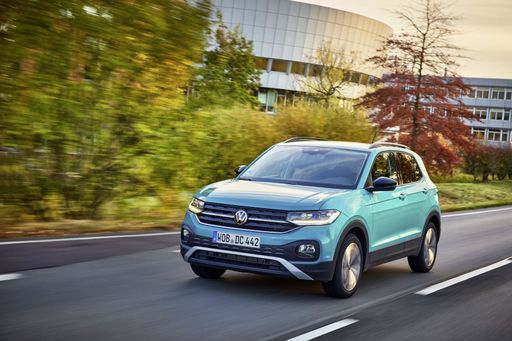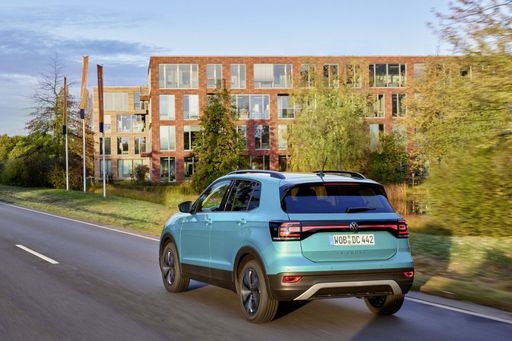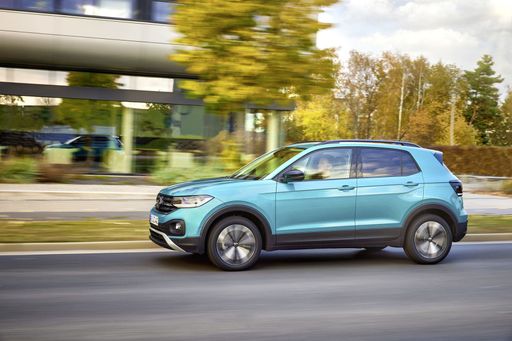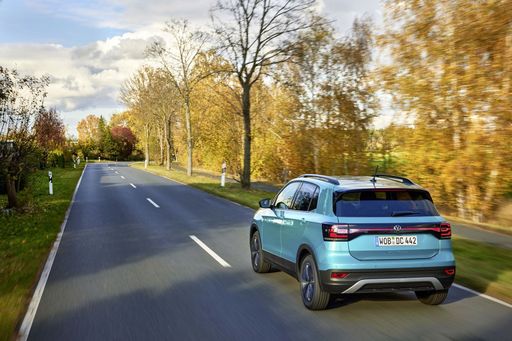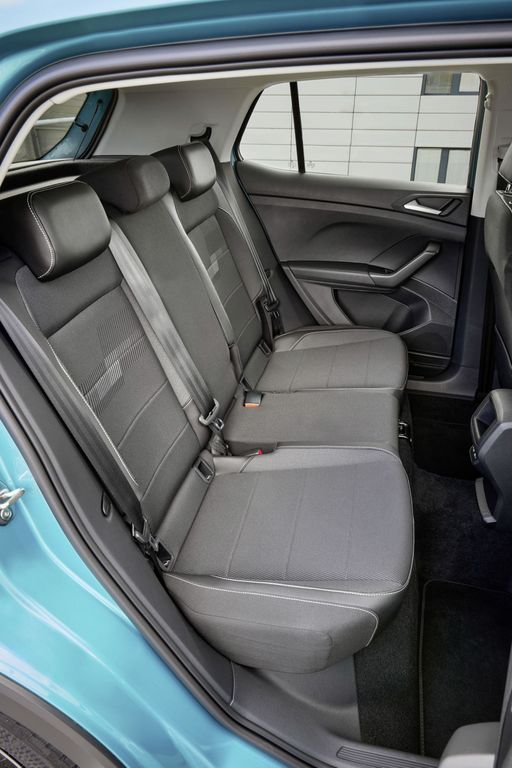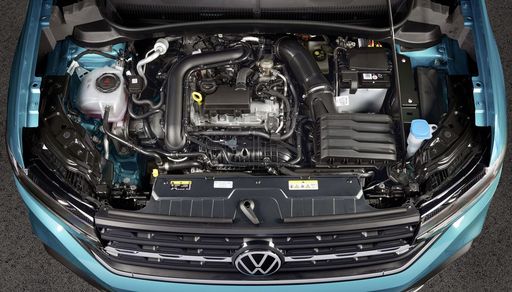Hyundai i20 vs VW T-Cross: The Ultimate Showdown
The automotive market is brimming with choices, and the subcompact segment is no exception. Today, we dive deep into a head-to-head comparison between the Hyundai i20 and the VW T-Cross. Each vehicle brings its unique flair and innovation to the table, appealing to a variety of drivers. Let's explore the technical aspects and innovations of these two popular models to see which one comes out on top.

